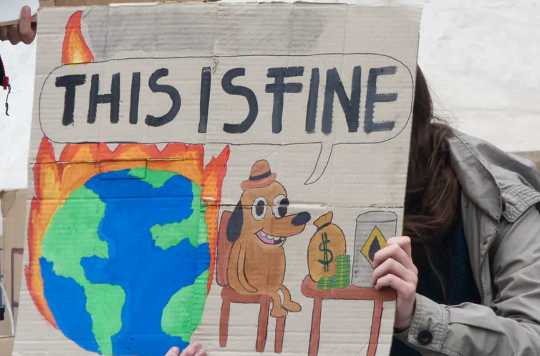
In new research, we have identified what we call 12 “discourses of delay”. These are ways of speaking and writing about climate change that are commonly used by politicians, media commentators and industry spokespeople.
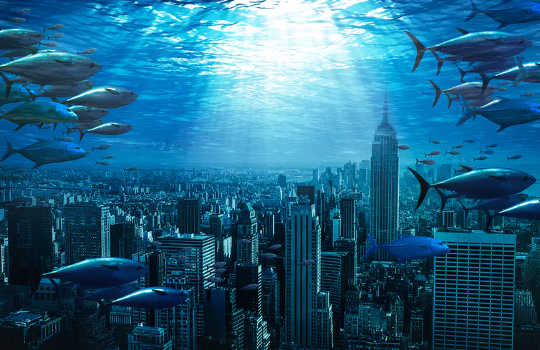
Humanity is not doomed, not now or even in a worst-case scenario in 2030. But avoiding doom — either the end or widespread collapse of civilisation — is setting a pretty low bar. We can aim much higher than that without shying away from reality.
- By Mark Serreze
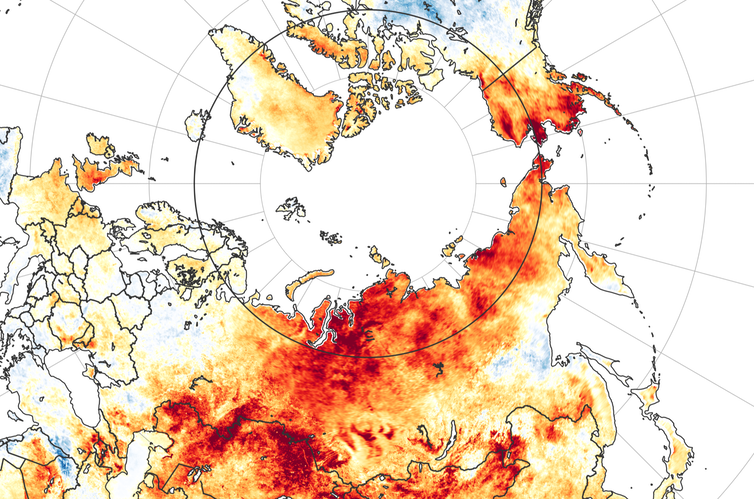
The Arctic heat wave that sent Siberian temperatures soaring to around 100 degrees Fahrenheit on the first day of summer put an exclamation point on an astonishing transformation of the Arctic environment that’s been underway for about 30 years.

Heat may kill more people in the US than previously reported, according to a new study.
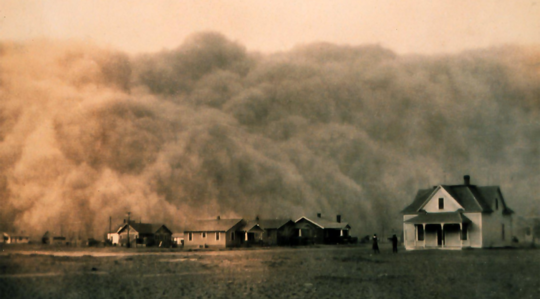
When the southern Great Plains of the US were blighted with a series of droughts in the 1930s, it had an unparalled impact on the whole country.
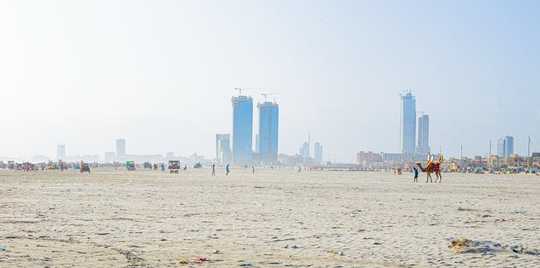
The explosive growth and success of human society over the past 10,000 years has been underpinned by a distinct range of climate conditions.

Climate scientists use mathematical models to project the Earth’s future under a warming world, but a group of the latest models have included unexpectedly high values for a measure called “climate sensitivity”.
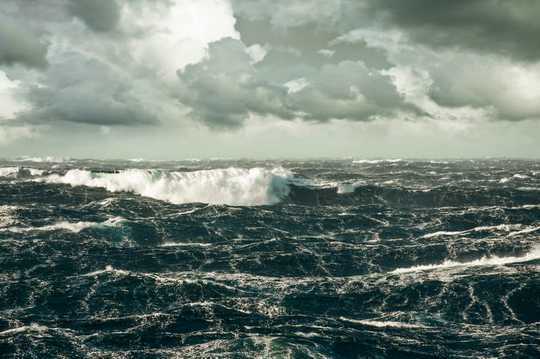
Changes in ocean circulation may have caused a shift in Atlantic Ocean ecosystems not seen for the past 10,000 years, new analysis of deep-sea fossils has revealed.
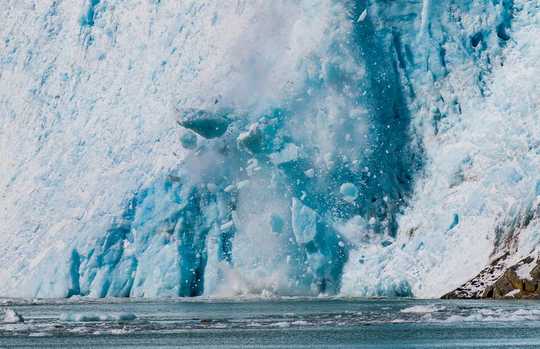
Humanity has only recently become accustomed to a stable climate. For most of its history, long ice ages punctuated with hot spells alternated with short warm periods.
- By Joshua Dean
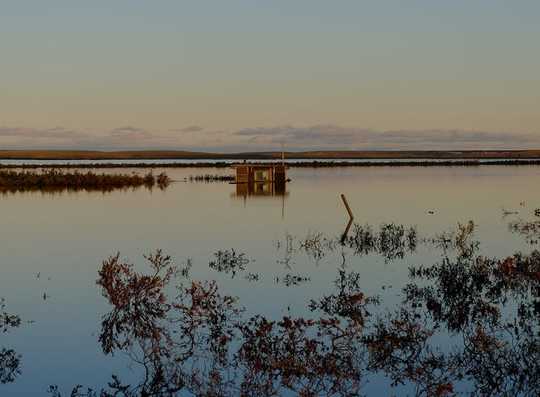
The Arctic is predicted to warm faster than anywhere else in the world this century, perhaps by as much as 7°C.
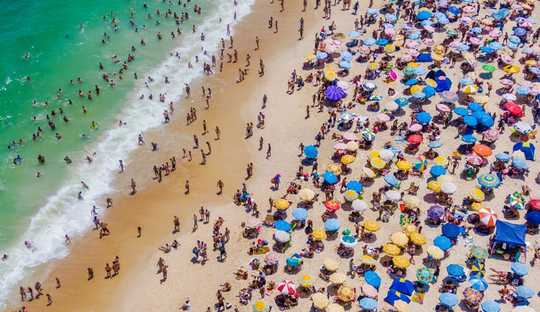
Up to half of the world’s sandy beaches are at risk of disappearing by the end of this century if no action is taken to limit greenhouse gas emissions.
- By Neil Levy
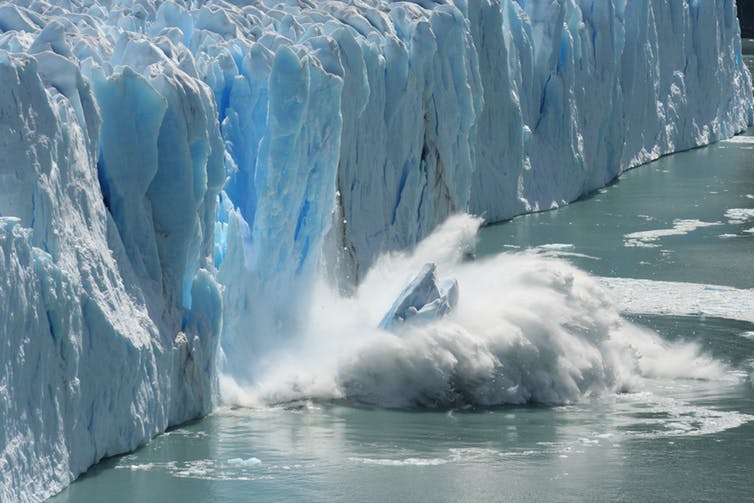
I recently watched an interview with David Attenborough, in which he was asked whether there is hope that things can get better for our planet.

Successful implementation of the Paris agreement targets could help reduce extinctions considerably, possibly to 16% or less by 2070, according to lead author Cristian Román-Palacios.
- By Arne Mooers

Evidence suggests the number of species going extinct, and the rate at which they disappear, is increasing dramatically.
- By Daisy Dunne
The world’s largest polar research expedition is currently underway in the Arctic. The year-long expedition, known as the Multidisciplinary drifting Observatory for the Study of Arctic Climate (MOSAiC), involves 300 researchers from 19 countries.
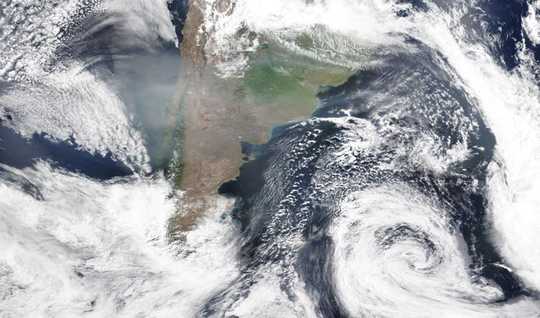
The Bank for International Settlements – the “central bank” for central banks – made headlines with a report outlining how the next major financial crisis may come from unexpected climate risks.
- By Tim Birkhead
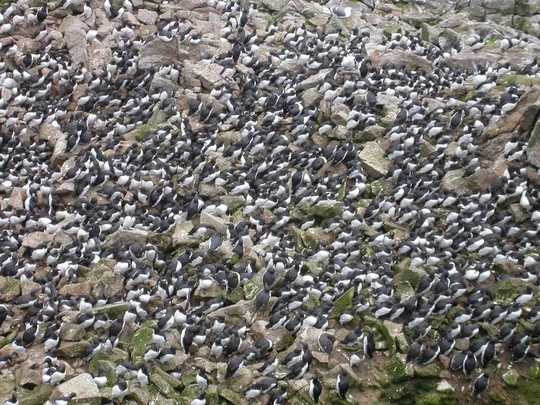
Between the summer of 2015 and the spring of 2016, a marine heatwave swept the northern Pacific Ocean that was hotter and lasted longer than any since records began in 1870.
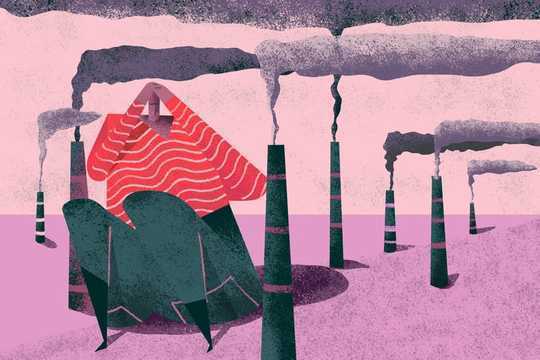
For over a quarter of a century, United Nations climate negotiations have failed to reach a legally binding treaty.
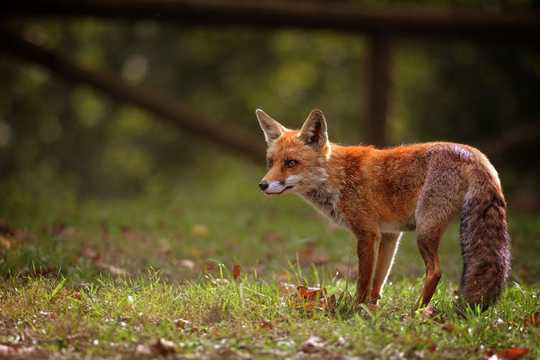
2019 might well be remembered as the year the world caught fire. Some 2.9 million hectares of eastern Australia have been incinerated in the past few months, an area roughly the same size as Belgium.
- By Mike Lee
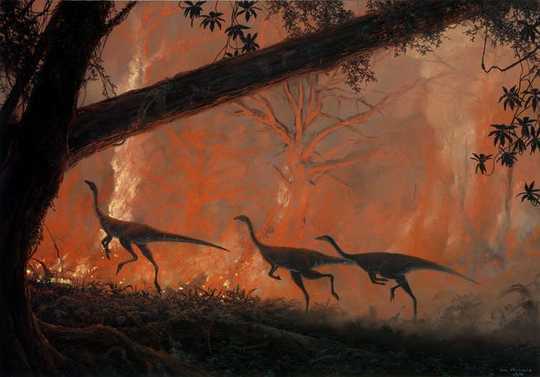
The catastrophic bushfires raging across much of Australia have not only taken a huge human and economic toll, but also delivered heavy blows to biodiversity and ecosystem function.

The 12 Days of Christmas is a song that promises a great deal, but there’s a line that carollers may have to omit in future.

The Australian Medical Association (AMA) recently declared climate change a health emergency, reflecting similar positions taken by a growing list of peak medical bodies around the world.
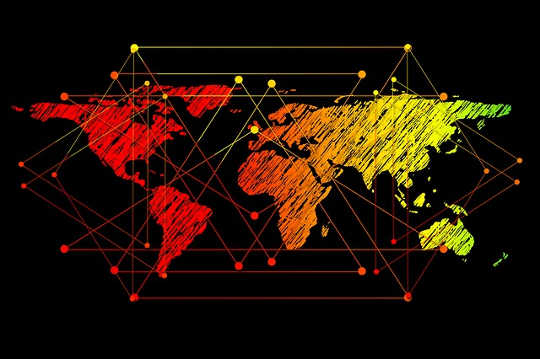
Modern society has given significant attention to the promises of the digital economy over the past decade. But it has given little attention to its negative environmental footprint.















